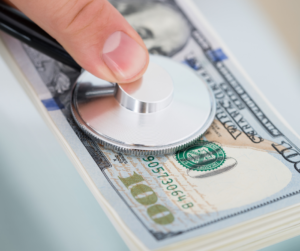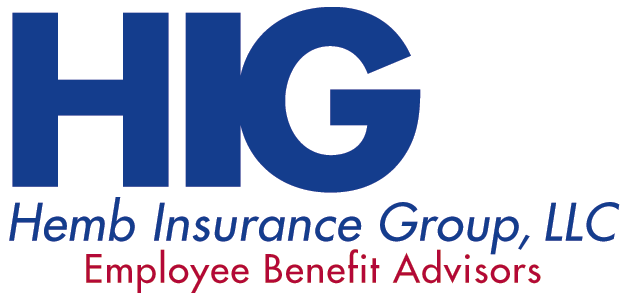 Smart spending can keep your health care from costing an arm and a leg. With costs rising on everything from gas to food, every penny counts. It pays to shop smart – that is why it helps to learn how to take steps to limit your out-of-pocket health care costs.
Smart spending can keep your health care from costing an arm and a leg. With costs rising on everything from gas to food, every penny counts. It pays to shop smart – that is why it helps to learn how to take steps to limit your out-of-pocket health care costs.
- Go generic – Always ask your doctor or pharmacist if you can switch to generic medicines. They have the same active ingredients but cost less than brand name drugs.
- Split pills – ask your doctor or pharmacist if your prescription comes in a higher dose that is safe to split. You may be able to get a 2-month supply of medicine in double the dose that you need for the price of a 1-month supply, cutting your prescription cost in half.
- Use a preferred pharmacy – A preferred pharmacy has pre-negotiated lower prices on prescriptions for a particular insurance plan. You can also sign up for home delivery on prescriptions that you take on a regular basis.
With telemedicine, you don’t have to drive to the doctor’s office or sit in a waiting room when you’re sick. Virtual visits can be easier to fit into your busy schedule and you may not even have to arrange for childcare. Doctors also can use telehealth appointments to lessen exposure to other people’s germs.
You can withdraw HSA and FSA money tax-free to pay for deductibles and co-payments or coinsurance, as well as for a variety of other expenses including vision expenses and orthodontia. You can also use it for everything from sunscreen and contact solution to baby monitors and over-the-counter medicine like Ibuprofen or cold medicine.
HSA funds don’t expire which makes an HSA a great way to put away money for medical expenses in retirement. An HSA offers a hat trick of tax advantages:
- Contributions to your account are made pre-tax, lowering your taxable income today
- Investments grow tax-free while they are kept in the account
- Withdrawals are free of income tax, as long as you use the money for qualified medical expenses.
Age 65 is when you can use HSA money to pay for non-medical expenses – including day-to-day costs or for home renovations. Those payouts aren’t tax-free but are taxed at the same rate as distributions from a traditional IRA. You’ll simply owe income taxes on whatever you withdraw.
Billing mistakes can happen. In fact, did you know that up to 80% of medical bills contain at least one error? Billing mistakes happen easily when dealing with large numbers of patients, ever-changing medical codes, and payments crossed in the mail and health insurance companies.
The portion of your budget devoted to medical care is always on the rise so it’s never a bad idea to find monetary shortcuts where you can. Knowledge is POWER and when you spend time finding ways to save money on health care, you are empowering yourself! Exercising due diligence to plan for you and your family’s medical needs will save you money and give you confidence in your decisions for care.



